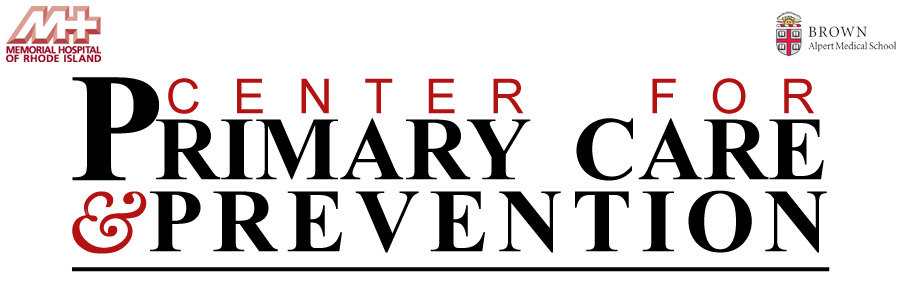Information for Patients Interested in Research
Actively Recruiting and Ongoing Studies
Should I join a research study? What is involved in participating?
People join research studies for a variety of reasons. They might seek to benefit their own health or to help the community by helping researchers better understand health conditions.
All studies are reviewed by the MHRI Institutional Review Board which is comprised of a Compliance Officer, physicians, researchers, a community representative, and health professionals who take into account the healt and safety risks to future participants of these clinical studies. If you have any questions or concerns about any of our clinical trials or studies, you can contact the MHRI Institutional Review Board at (401) 729-2147.
If you're interested in finding out more about what it's like to participate in a research study, please read on.
What Is a Clinical Study?
A clinical study involves research using human volunteers (also called participants) that is intended to add to medical knowledge. There are two main types of clinical studies: clinical trials and observational studies. ClinicalTrials.gov includes both interventional and observational studies.
Clinical Trials
In a clinical trial (also called an interventional study), participants receive specific interventions according to the research plan or protocol created by the investigators. These interventions may be medical products, such as drugs or devices; procedures; or changes to participants' behavior, for example, diet. Clinical trials may compare a new medical approach to a standard one that is already available or to a placebo that contains no active ingredients or to no intervention. Some clinical trials compare interventions that are already available to each other. When a new product or approach is being studied, it is not usually known whether it will be helpful, harmful, or no different than available alternatives (including no intervention). The investigators try to determine the safety and efficacy of the intervention by measuring certain outcomes in the participants. For example, investigators may give a drug or treatment to participants who have high blood pressure to see whether their blood pressure decreases.
Clinical trials used in drug development are sometimes described by phase. These phases are defined by the Food and Drug Administration (FDA).
Observational Studies
In an observational study, investigators assess health outcomes in groups of participants according to a protocol or research plan. Participants may receive interventions which can include medical products, such as drugs or devices, or procedures as part of their routine medical care, but participants are not assigned to specific interventions by the investigator (as in a clinical trial). For example, investigators may observe a group of older adults to learn more about the effects of different lifestyles on cardiac health.
- adapted from the ClinicalTrials.gov website






